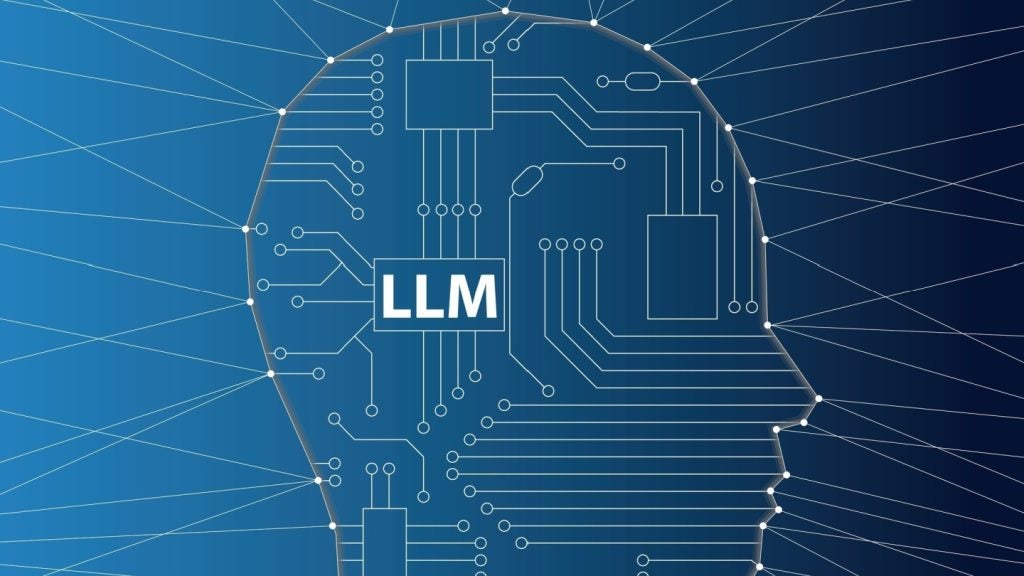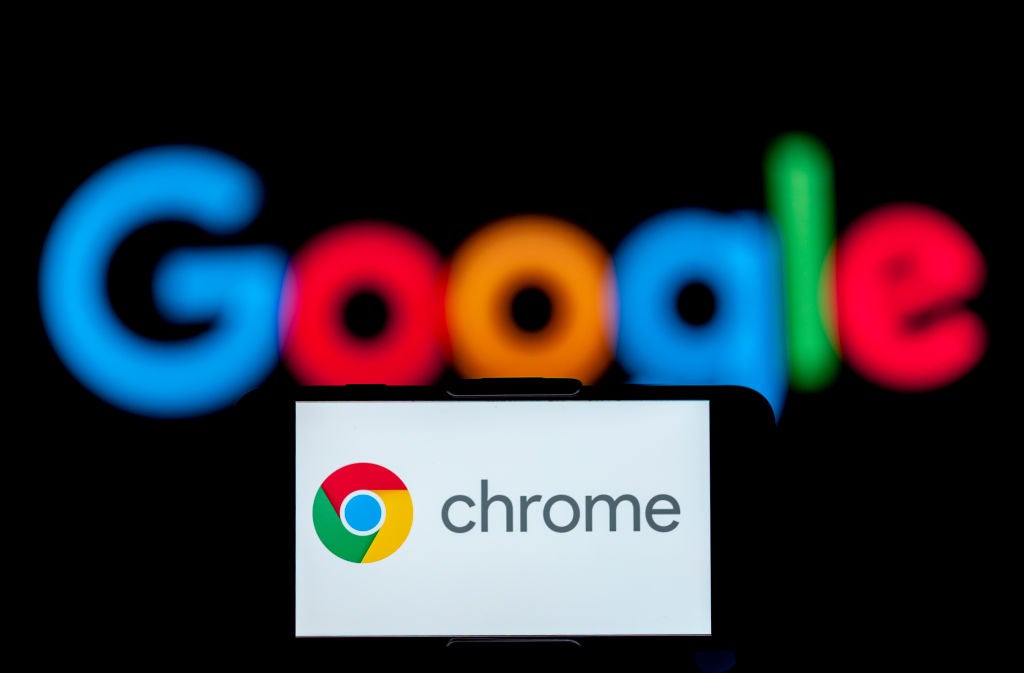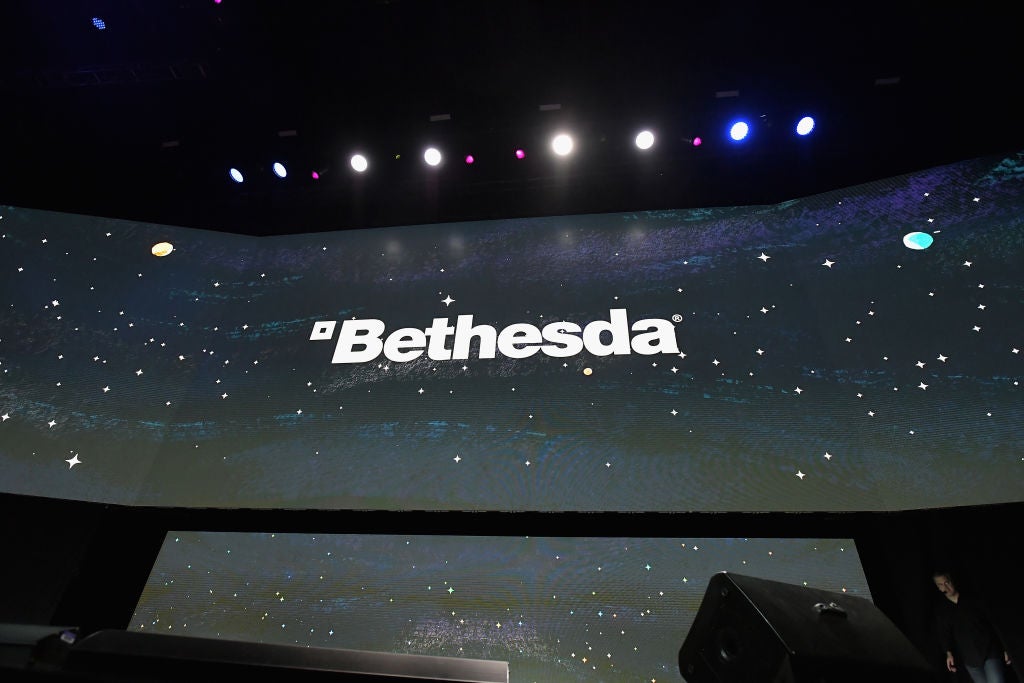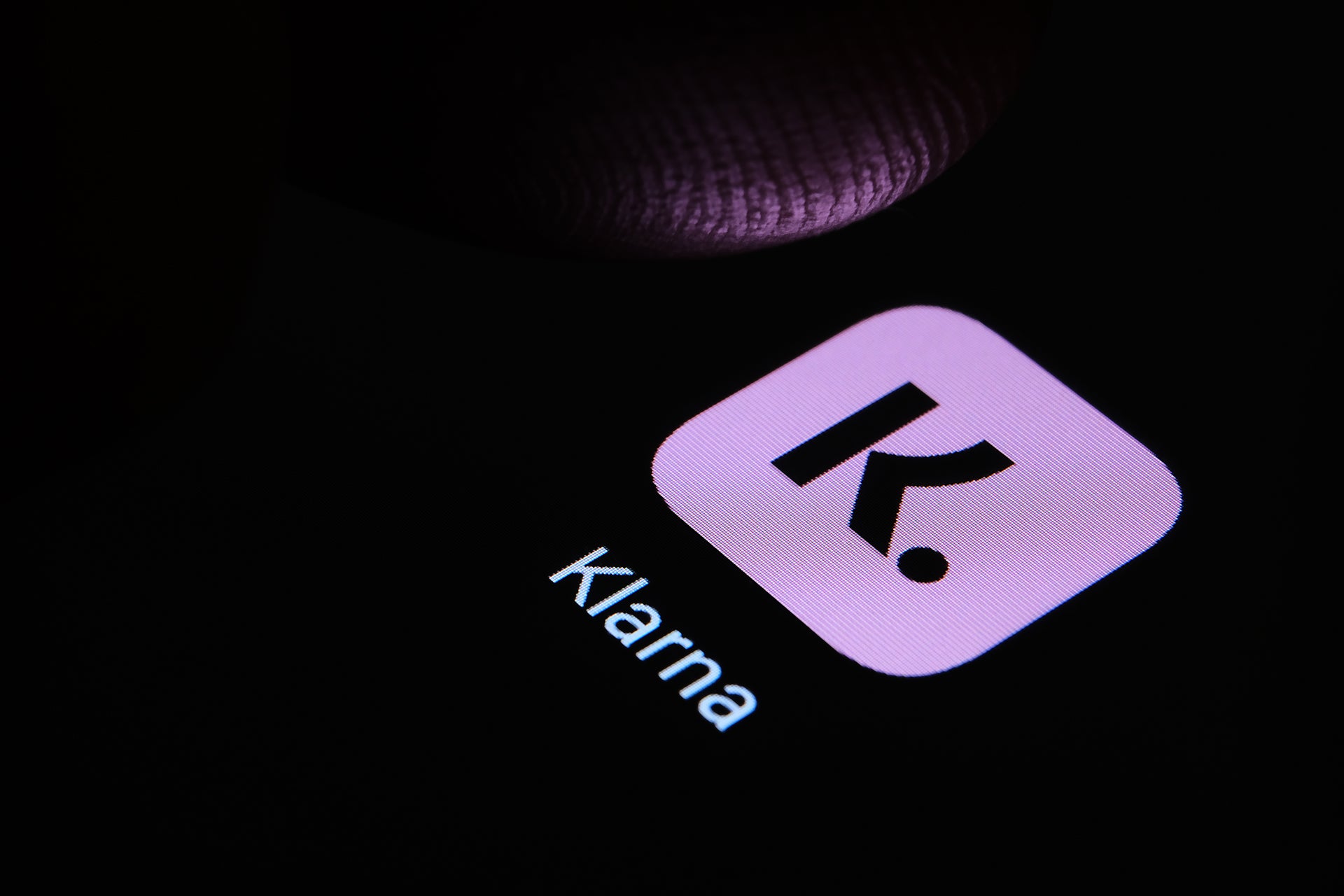
Buy-now-pay-later (BNPL) players aim to disrupt the business of traditional credit cards, but to do this the BNPL industry must convince regulators and consumers that it’s a safe alternative to old-school lenders. That’s a big ask.
Alternative financing providers have repeatedly claimed that the incumbent credit companies give their customers a raw deal, even suggesting that millennials fear credit companies more than death. And it’s not just the BNPL firms that take this view: the UK’s Payment Systems Regulator hit Mastercard with a £31.5m fine in January, dealing another major blow to the image of the existing consumer credit sector.
However, that doesn’t mean that the BNPL industry itself is in the clear. Consumer watchdogs and regulators spent much of 2021 warning against the new lending services, fearing that users could put their financial well-being at risk.
“The risk – and this is what we’ve heard from consumers – is that people don’t really know what they’re getting into,” Gareth Shaw, head of money at consumer advocacy group Which?, tells Verdict. “They don’t realise that they’re getting into debt, they don’t realise the ramifications of utilising one of these schemes.”
Citizens Advice similarly warned in September that UK BNPL shoppers have been charged £39m in late fees over the last year and that debt collectors had chased one in 10 consumers. As a consequence, those consumers experienced stress, sleepless nights and borrowed even more money to cover the debt, exacerbating their financial situation further.
The Woolard Review of innovation in the UK unsecured consumer credit market, published in February 2021, also warned that the BNPL industry suffers from a lack of affordability checks, clear information on product and credit agreements, and that it treats people who struggle with their finances inconsistently. Each of these factors could, the review warned, lead to consumers’ financial health taking a serious beating.
How well do you really know your competitors?
Access the most comprehensive Company Profiles on the market, powered by GlobalData. Save hours of research. Gain competitive edge.

Thank you!
Your download email will arrive shortly
Not ready to buy yet? Download a free sample
We are confident about the unique quality of our Company Profiles. However, we want you to make the most beneficial decision for your business, so we offer a free sample that you can download by submitting the below form
By GlobalData“While the emergence of unregulated BNPL products has provided a meaningful alternative to payday loans and other forms of credit, BNPL also represents a significant potential consumer harm,” Christopher Woolard, author of the review, wrote in the report.
Reports like these have raised the alarm about the risk of unchecked credit companies and amplified the demands for clearer rules regarding BNPL providers. The UK Treasury is now investigating what form such regulation could and should take. Consumer advocacy groups have applauded the efforts.
“Buy-now-pay-later providers, as they scale up, are going to have to work really hard to ensure that people get good experiences when things are going well and also when things are going wrong,” Shaw says.
BNPL on the rise
These calls have grown in tandem with the growth of the BNPL industry. The sector is expected to keep growing to be worth $166bn by 2023, according to GlobalData’s thematic research.
“Now everybody is interested in it – from the US to Latam to Europe to the UK to anywhere – buy-now-pay-later is now one of the biggest trends within fintech,” Yusuf Özdalga, partner at QED Investors and early backer of Klarna, tells Verdict.
The data certainly backs him up. Over the past year alone, investment has poured into the sector. Klarna has become a $45.6bn quadradecacorn on the back of a $639m SoftBank-led funding round. It’s now Europe’s most valuable privately-owned tech company.
Across the pond, US-based payment company Square, which renamed itself Block last year, has announced plans to acquire Australian Afterpay in a $29bn deal. The deal could be completed by the end of March 2022. US-based Affirm went public in early 2021 and is currently trading at a $35.9bn market cap.
On top of that, the sector has seen a smattering of fresh startups looking to carve out market share for themselves. New ventures like UK-based Zilch, Italian Scalapay and Mexican Nelo have all raised multi-million rounds to that end. And big incumbent players like PayPal, Mastercard and Visa are muscling into the sector too.
The term BNPL is also now being used by car repair finance firms, business payments ventures and insurtech startups to describe their services.
“I think it’s a signal by some companies – they’re essentially holding up their hand, saying ‘We’re also modern, we still got it, we know what we’re doing,'” David Sandström, CMO at Klarna tells Verdict.
On the one hand, he suggests that this is due to customer demand, with many people expecting it these days. On the other, he believes it’s also a good way for startups to signal to investors that they are ventures worth investing in.
“It’s almost like saying ‘sustainability:’ it’s a tick in at the box for many fintechs,” Sandström says.
Whatever the main reason, the fact remains that the BNPL sector is growing quickly and has everything to gain from convincing politicians, regulators and customers that its services are safe to use. However, that may take some doing.
 The BNPL industry is nothing new
The BNPL industry is nothing new
The BNPL industry is not new. Or, rather, the type of services these firms provide isn’t. The shorthand term “BNPL” may have made its way into the popular vernacular over the past two years, but the idea has been around for a long time. In fact, it’s been over 100 years.
Examples of the same business idea are easy to find throughout history. In the 1890s, Singer Sewing Machines started selling its highly popular devices for one dollar per month until the customer had paid off their purchase. Similar schemes were used over the decades to sell everything from pianos to cars.
In more recent years, BNPL services have also been commonplace in Latin America and Turkey, where instalment schemes have predominantly been run by banks.
Things started to change in earnest in 2005. That was when three students at the Stockholm School of Economics launched Klarna, which is arguably the oldest and biggest modern BNPL provider.
Klarna’s success has been attributed to several factors over the years. One is that its launch coincided with the advent of smartphones. iPhones and Androids certainly facilitated the move from in-store to online shopping, providing budding BNPL businesses with an opportunity to grab a huge chunk of the ecommerce market.
At the time, Klarna enabled its consumers to delay their expenditure by paying by invoice.
“You get the product and pay 30 days later: so buy-now-pay-later,” Sandström explains.
The invoice option is still one of its most popular services back in Sweden. As Klarna expanded through Europe, across the Atlantic and into Australia, it also added the pay-in-three type of services that most customers in the Anglosphere associate with BNPL.
These instalments also highlight something new. Traditionally, instalments were provided to pay for big purchases like cars, white goods or expensive dental procedures. New BNPL companies, on the other hand, thrive in the smaller impulse buying segment. That being said, some BNPL companies like OpenPay do focus on larger purchases worth thousands of dollars.
Another key difference is that in the past it was normally the retailer itself offering the short-term interest fee payment plan. Now, it’s the third-party provider.
Klarna’s model, which has been replicated to some extent by almost all BNPL providers, is to facilitate payments between merchant partners and customers via short-term fee-free instalments. There are of course variations to this, but the main idea can be explained in three steps.
First, you have the consumer who gets to spread out their expenses in a smoother way, meaning they are able to access a lifestyle they want more easily.
Second, there’s the merchant who integrates BNPL services in their offering. This empowers the merchant, perhaps, to provide customers with a better service. It’s even possible that this may deliver a more loyal customer base. A study from Netfluential and PayPal found that 28% of customers between ages 18 and 39 were more likely to shop at a merchant again if it offered a BNPL option. Admittedly, PayPal has used that research to promote its own BNPL service, so take those results with a heavy pinch of salt.
Third, there’s the BNPL provider itself, collecting a small fee for the service. Win, win, win.
The BNPL space has grown crowded since Klarna launched in Stockholm over a decade ago. Similar startups have cropped up in Australia, the US, India and in a wealth of other countries. These companies have attracted millions of customers around the world by enabling them to split up payments.
However, as popular as they’d grown over the years, there’s no doubt that the pandemic has accelerated the growth of these companies.
BNPL industry reached fever pitch during Covid-19
Covid-19 gave the BNPL sector a massive shot of energy. As people were locked up at home in order to follow government rules, they had very little choice but to do their shopping online.
The result was that 2020 proved a record year for online sales. At the same time as the media reported on high-street store closures, online sales in the UK for the year rose by 37% year-on-year to a 13-year high, according to IMRG Capgemini Online Retail Index.
“You can see that a step change has occurred,” Alex Marsh, UK head of Klarna, tells Verdict.
 With many BNPL lenders providing their solutions at ecommerce checkouts, it was unsurprising that they would also benefit from the accelerated migration from offline to online shopping. Tellingly, Klarna reported a 46% jump in its record gross merchandise volume in the financial year of 2020 – representing $53bn in total, up from $35bn in 2019.
With many BNPL lenders providing their solutions at ecommerce checkouts, it was unsurprising that they would also benefit from the accelerated migration from offline to online shopping. Tellingly, Klarna reported a 46% jump in its record gross merchandise volume in the financial year of 2020 – representing $53bn in total, up from $35bn in 2019.
The pandemic also saw more non-traditional customers turn to BNPL services. Marsh reveals that while younger people are usually seen as the main users, older generations have also started to enjoy using BNPL services.
“The fastest growing age group for us in the UK has been in Gen X – 40 to 54-year-olds – and that really is the group who would have been often shopping in stores [before the pandemic],” Marsh says.
Covid-19 is arguably also the source of some of the trepidation around BNPL services. This is tied to the notion that the BNPL industry has benefited from consumers’ financial situations growing shaky during the health crisis.
In the UK, the unemployment rate of over-16s jumped from 3.9% between November and January 2019 to 5.1% one year later, according to the Office of National Statistics (ONS).
As this figure grew alongside the popularity of instalments payments, there was concern that cash-strapped people would use BNPL services to bridge the gaps in their personal finances.
Several of the BNPL providers Verdict has spoken with do not agree with that picture.
“That is actually incorrect,” Philip Belamant, CEO and founder of BNPL unicorn Zilch, tells Verdict.
Instead, he argues that people actually had more disposable income than they ever had before because they didn’t spend it on travelling, restaurants or other regular social expenses.
Indeed, in the UK, official ONS numbers seems to back him up. While national income contracted by 15% in the second quarter of 2020, there was only a 3.3% fall in households’ gross disposable income. This can be partly explained by the government’s Coronavirus Job Retention Scheme, which subsidised 80% of corporations’ payment of wages in many cases.
Belamant believes the growing popularity of slicing up payments grew during the pandemic simply because ecommerce grew, which exposed more people to BNPL providers.
“It wasn’t born out of the fact that people were struggling for money. It just wasn’t,” he says. “It was given a lot more focus [and] attention because people were seeing this as a result of them using ecommerce more and, therefore, noticing the service [more].”
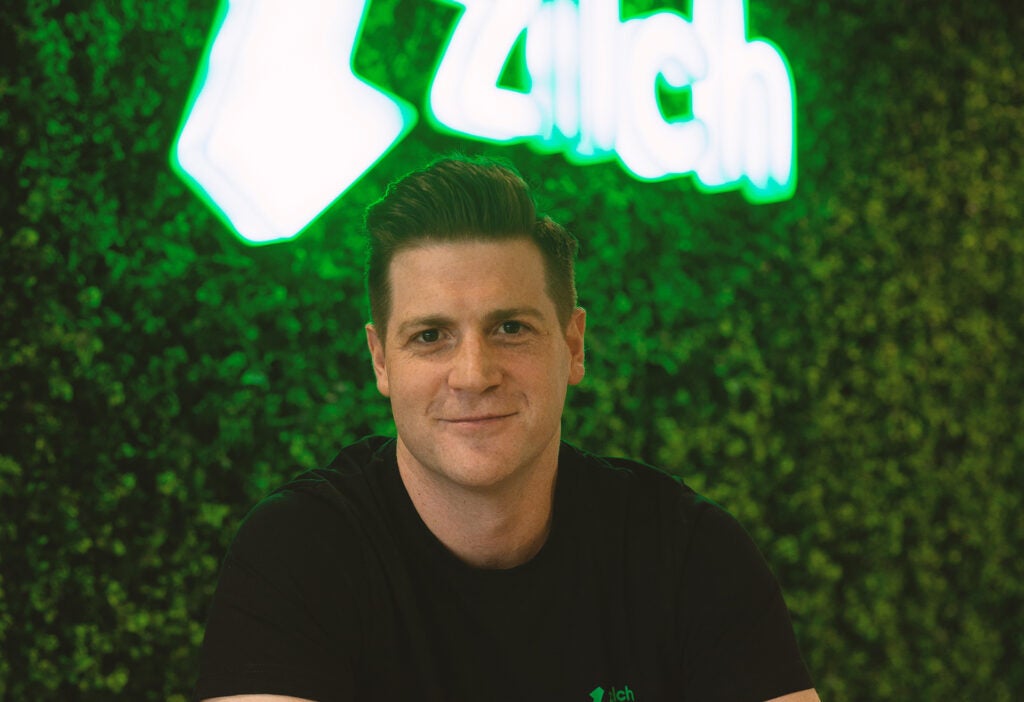
That being said, Shaw from Which? states that the consumer advocacy group’s own research demonstrates how people going through a major life event are more likely to use these services.
“It’s first time parents, people have just had a child, [or] people who might have lost a job recently for whom the ability to defer payments is incredibly useful,” he says.
Shaw argues that this comes with a risk. For instance, if a person going through a major life event or a crisis has a BNPL payment authority set up, then a retail payment may supersede payments for utility bills or mortgage repayments.
“Obviously, there is some responsibility on the consumer to ensure that they can afford this, but people who are in tricky situations or experience a life event might feel like they have no choice,” he says.
To avoid these problems, Shaw and others are now proposing stricter and clearer rules for the BNPL industry. Regulators such as the UK Treasury are now gearing up to provide exactly that kind of clarity.
Clearer regulations wanted
The BNPL industry has ballooned over the course of the pandemic. At the same time, worry has arisen about the companies in the sector. Consumer advocacy groups and politicians are concerned that BNPL providers playing fast and loose with the rules may end up harming users.
Companies like Klarna and Afterpay have in the past met these concerns by claiming that their default rates are much lower than those of traditional credit companies. Nevertheless, calls for more scrutiny have grown louder over the past two years.
In the UK, the Treasury seems to be doing something about it. It launched a consultation into the BNPL industry in October. The consultation closed on January 6, 2022.
The background to the Treasury consultation is the British Consumer Credit Act, introduced in 1974. The bill provides an exemption for credit companies to delay payment of goods and services as long as the delays are time-limited and don’t incur any interest.
The UK BNPL industry is operating within this exemption, meaning that operators don’t technically fall under the direct purview of the Financial Conduct Authority (FCA). This could be about to change, pending the outcome of the consultation.
The consultation investigated the concerns raised by The Woolard Review and elsewhere. These concerns include how the products are promoted, worries that consumers aren’t clearly informed about the nature of the product, the absence of creditworthiness checks, the risk of high levels of indebtedness, inconsistencies in how customers suffering financial difficulties are treated, and the impact on the wider credit market including poor visibility of BNPL debts on an individual’s credit file.
Another concern, expressed by the Treasury, is that because BNPL providers create a personal relationship with consumers, then they would be more prone to use their services and, by extension, raise the risk of putting their financial well-being in jeopardy.
The consultation noted that “there is relatively limited evidence of widespread consumer detriment materialising at this stage”, despite the worries voiced by advocacy groups and Woolard.
“We haven’t seen huge evidence in the UK that these unregulated buy-now-pay-later schemes or payment deferral schemes aren’t doing this or behaving wildly irresponsibly,” Shaw says.
While the Treasury is adamant that it wants to reduce the risks for consumers, the regulator does not want to do so at the detriment of the consumer choice. It notes in its consultation that a heavy regulatory burden could be too costly for merchants to comply with. The result might be that they’d be discouraged from using BNPL industry products, which would limit consumer choice.
Consumer advocacy groups like Which? have welcomed the consultation, especially its focus on clear information and its investigation into the creditworthiness of consumers. While several of the BNPL providers Verdict has spoken with provide soft affordability checks, Shaw argues that more stringent checks should be done.
“The majority of [providers] aren’t doing full affordability checks on consumers, which means that the products could be used by people who probably shouldn’t be using them,” he says, adding that the checks should “be proportionate.”
“It’s not the same as applying for a credit card,” Shaw adds. “It’s not the same as taking out a loan. And Which? is an organisation [where we] are all for the innovation and the kind of the slickness of buy-now-pay-later, but perhaps there needs to be some friction in that journey in order to ensure the right people [are] using the products.”
BNPL players respond to tougher regulations
Consumer interest groups and regulators are clearly worried about the BNPL industry. The sector’s response may prove a make-or-break moment as it will determine whether or not people actually trust it.
“Like with any payment method, consumer trust is always going to be crucial,” Aman Ghei – partner at VC firm Finch Capital, that sold BNPL provider Twisto to Zip in May – tells Verdict.
“I think it helps that the consumer receives the goods [and] services before the entire payment is made. In terms of collections, particularly in case of delayed [or] non-payment, the BNPL industry must be aware of the pitfalls of being very aggressive and learn from the mistakes the Wongas of the world made.”
Wonga was a British payday loan firm that imploded in 2018 after far-reaching criticism from politicians, charities and religious leaders eroded the public’s trust in the company. The public’s faith in Wonga was also not helped by a data breach and the FCA accusing the firm of giving loans to people who could never hope to repay them.
The BNPL industry is seemingly recognising the risk of losing the public’s trust in its services. Maybe that’s why most BNPL players have openly welcomed the push for clearer regulations.
“I think the crackdown itself is preventing a potential kind of backlash on the industry,” Christer Holloman, founder and former CEO of BNPL startup Divido, tells Verdict.
Instead of seeing regulation as a way for regulators to put up barriers to growth, he believes it will create a better market.
“The regulation will level the playing field and bring the new challenger lenders up to the same standard as the incumbent traditional banks,” he says.
BNPL providers are also pre-empting the regulatory crackdown. For example, Klarna unveiled a range of initiatives in October that it claimed would better protect users. Those initiatives included a new Pay Now feature, open-banking-powered credit checks and encouragement for other BNPL providers to share their data with UK credit reference agencies.
This could help prevent consumers using many different BNPL services simultaneously, something that has been identified as a blind spot for the industry. Klarna has announced a similar shake-up in the Nordics.
“We firmly believe that most of the time, people should pay with the money they have, but there are certain times where credit makes sense,” Sebastian Siemiatkowski, Klarna’s co-founder and CEO, said at the time. “In those cases, our BNPL products offer a sustainable and no cost healthy form of credit – and a much needed alternative to high cost credit cards. The changes we are announcing today mean that consumers are fully in control of their payments whether they pay now or pay later.”
Marsh adds: “We want to drive loyalty from customers and want to give them the best possible service. If that means saying ‘unfortunately, this time you’re not eligible, you can’t use our credit products, you can use our Pay Now immediate payment, if you still want to buy using Klarna’, we strongly believe that’s the right route.”
What’s next for BNPL companies?
The BNPL industry has clearly become a hot area for investors. Its ability to overcome the trust crisis will determine its ability to move forward and to what extent. So what comes next?
“There are so many areas where BNPL can extend beyond traditional retail and ecommerce,” Brian Blank, senior manager of global marketing at Splitit, tells Verdict. “As we come out of the pandemic, we are seeing significant shifts in spending towards experiences – travel, entertainment, and dining to name a few. Being able to spread the costs of these experiences over time without having to wait, opens the door for growth in several key markets.”
Apart from spreading over new verticals in the commercial space, there are also signs that fintech inventors are taking the BNPL model into the untapped B2B space. Startups like Billie, Biller and Behalf are some of the companies making a mark in this way.
Traditional BNPL players are rapidly growing into broader fintech companies. Klarna, for instance, has made it clear that it aims to provide not just the payment part of customers’ shopping journey, but to streamline shoppers’ entire shopping experience on their apps. The company also plans to roll out its banking services in new markets.
Block’s acquisition of Afterpay can be seen in the same light with the deal enabling Block to expand its payment services into BNPL. Mastercard, Visa and PayPal have already launched BNPL services, and there are persistent rumours that Apple is also moving into the sector. Challenger banks Monzo and Lunar are also seeking ways into the sector, albeit through slightly different business models.
But with all those big players moving in, does that mean there will be little space left for pure BNPL providers, in the sense that they only offer instalment services?
“That’s very hard to answer,” Özdalga says.
While many of the smaller BNPL providers Verdict has spoken with naturally suggest that there will be a space for pure payment-splitting companies, the growing market consolidation may put this in doubt.
Drawing parallels with credit loan companies of the 90s who grew until they were either acquired or had to expand their services to where they had to get banking licences, Özdalga believes BNPL players could face similar choices or risk feeling the wrath of the regulators as they start trading in the hundreds of billions. Indeed, Klarna already has a banking licence in Europe and is planning to expand those services to the UK.
“They’ll probably want to stay independent for long as they can because they’re probably more profitable, more nimble and and it’s easier, but regulators may start putting pressure on them eventually to acquire banking licences and be fully regulated as a bank,” Özdalga says.
What comes through strongly however, when speaking with the fintech stakeholders in the BNPL industry, is their optimism regarding the sector. And given the growth seen in the past few years, BNPL people have good reason to be bullish – provided they can overcome the latest trust issues.


